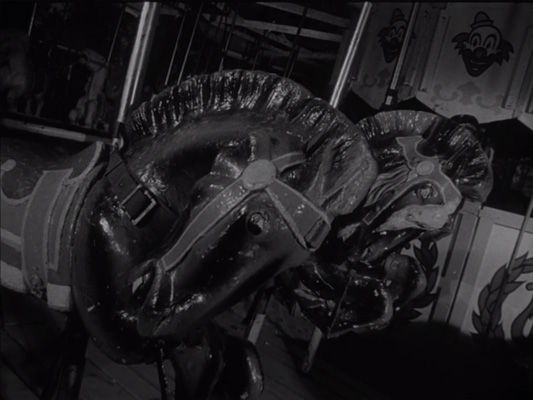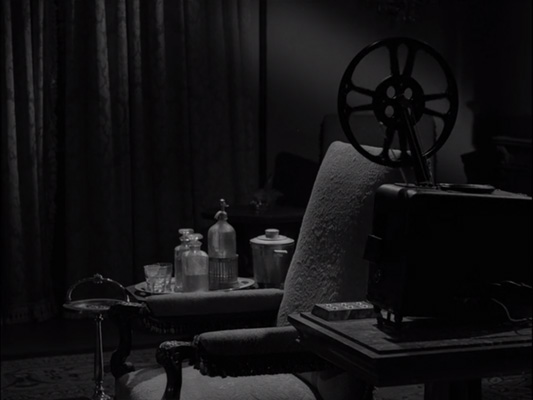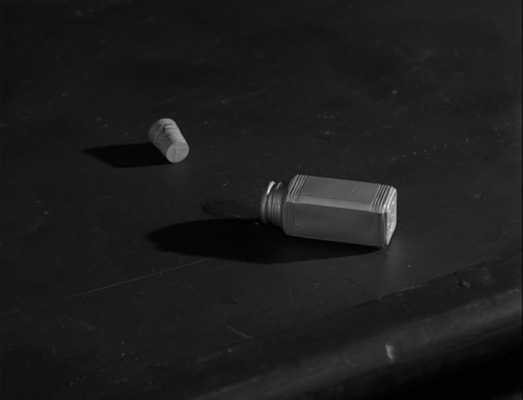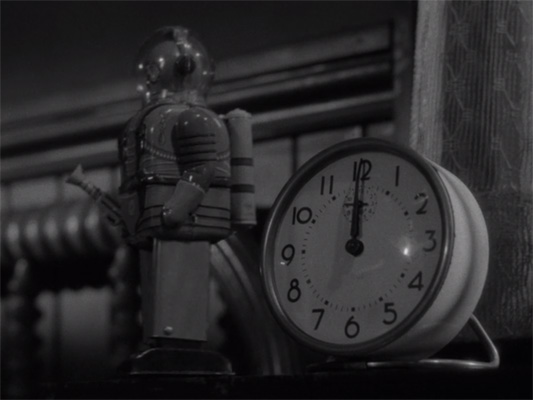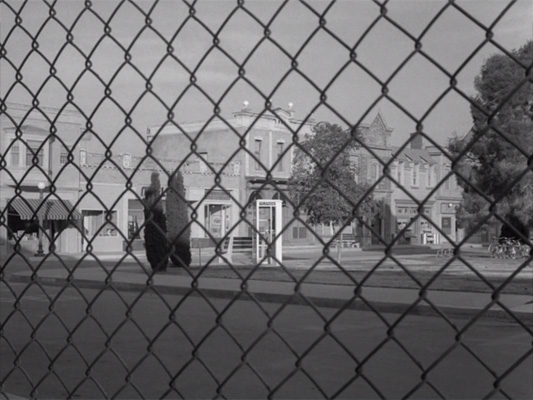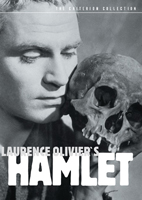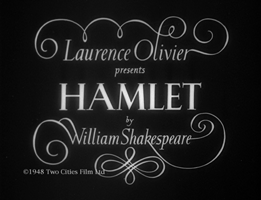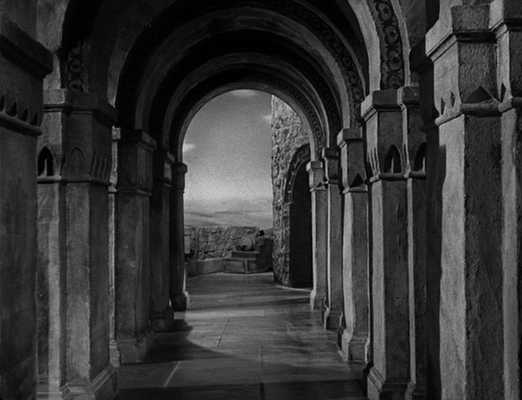developed by Telltale Games (San Rafael, CA)
design direction by Dave Grossman
season design by Mark Darin and Mike Stemmle
story by Mark Darin, Mike Stemmle, and Dave Grossman
written by Mike Stemmle (1, 4), Mark Darin (2, 5), Sean Vanaman (3)
directed by Mike Stemmle (1, 4), Mark Darin (2, 5), Joe Pinney (3), Jake Rodkin (3, 5)
I find the trailer for this game embarrassing, so I’ve embedded the German-language version instead. Everything becomes less cringe-inducing when it’s in a foreign language. Just ask opera.
Video games seem perpetually to be in a state of awkward adolescence. Despite having had forty years to find their bearings and learn to move with grace and authority, they still tend to come off like gawky pretenders. One of the main reasons for this failure to fully blossom is that technological change never stops, and you can’t build anything very impressive on ground that’s always shifting. There’s never been a chance for really sturdy artistic practices to develop, because every few years, the old materials are replaced with new ones with different demands.
If over several years you gradually learn to paint idiomatically in watercolor… but then someone invents oil paints, and there’s industry-wide pressure to “upgrade,” you will suddenly become a clumsy painter again, instinctively lapsing into watercolor techniques while working in a medium that has no use for them. Finding your way artistically with new materials requires forgetting everything you know and responding to those materials completely fresh. That’s not something that the video game industry feels it can afford to do. Instead of reinventing the wheel every year, game designers try their best to keep using the old wheels, even though they no longer fit tightly on the new axles. That’s why there are a lot of wobbly games out there.
Maybe it sounds like I’m talking about technological “wheels,” but I’m actually talking about artistic thinking and aesthetics. A whole set of aesthetic practices evolved inside the technological constraints of the original Atari arcade era — limited pixel resolution, limited palettes, limited sound synthesis, limited processing power, limited storage space. Now that we no longer have any of those limitations, none of the practices of that era is actually artistically idiomatic anymore, but they live on anyway. People still want that culture, updated to this technological environment — but that’s impossible, because the environment determines the culture. There is no truly organic way of “updating” art as things change. All we can do is make new art.
The original two Monkey Island games (1990, 1991) were satisfying because they were particularly elegant creations within their technological moment. Their subject matter was perfectly matched to the level of depth inherent to the tech. The adventure games of that era operated in bas-relief, like hieroglyphics; the things that “Guybrush Threepwood” would undertake felt like just the sort of adventures suited to a person with a one-pixel eye and only a few postures. That self-suitedness — that sense of unity — is what made those games land so firmly and stick in the memory.
The third game (1997) had the resources to afford a new cel-animation aesthetic, without visible pixels, and with full recorded audio. The experience accordingly had a completely different texture, but it still found a way of coexisting with the old bas-relief attitude toward content. Now there was a tinge of amused irony to the fact that this human-voiced, screen-filling Guybrush in a lavishly illustrated world was still entangled in simplistically goofy “pick up key” “use key” shenanigans. The underlying meaning of the game had changed, as it had to, but the designers had managed to stay attuned to their materials, so the new meaning felt equally legitimate.
The fourth game (2000) felt obligated to have 3D graphics, a technological advance but an aesthetic regression. Now the characters were primitive balloon animals bobbling through unconvincing spaces. Suddenly “camera placement” became a consideration, as did the task of trundling the character around (rather than pointing where to go and letting him do it himself), which changed the whole spiritual order of the player’s investment in the game-world. Yet the audio stayed the same — emanating from puppets that seemed like they maybe didn’t deserve such fully-realized voices. So did the underlying game design, which no longer felt apt in the least. The whole “Mad Magazine does Pirates of the Caribbean” thing had been a perfect match for the hieroglyphic lock-and-key world of 10 years earlier; now it felt like stale shtick being spun out by rote, with no feeling for the actual present texture of the medium.
That brings us to the present (2009) game. I bought it (after waiting four years for it to go on sale: 4/20/13, $5.24) because my 1990 experience was so gratifying that even after 25 years I still feel loyal to this series. But it made me embarrassed for my loyalty. What, after all, am I being loyal to? “Guybrush Threepwood?” That — and everything else about the scenario — was always intentionally flimsy nonsense; I’m not here because I care about him. (As though Guybrush Threepwood is a “him,” rather than a “that.”) And yet at this point it’s the only stuff that connects the dots.
This game, as you see in the video above, is made out of middling-for-2009 3D puppet graphics, a lot of junky TV cartoon tropes, and an overabundance of plot. Despite retaining “pick up key” and “use key” actions, it is in practice a completely different beast from a 90s adventure game. Telltale, the studio that made it, has been gradually honing their craft over the past decade, and with their 2012 Walking Dead game finally hit on something that felt idiomatic in its own new way: a scripted TV show, where the player’s rudimentary interactions just serve as empathy checkpoints, to enforce and intensify dramatic engagement — kind of the narrative equivalent of Guitar Hero.
Their prior games, including Tales of Monkey Island, tend to feel like awkward half-measures. This game can’t be “watched” like The Walking Dead because its world was never meant to shoulder that kind of empathetic burden. Just the opposite, in fact: Monkey Island was clearly concocted to be slippery, whimsical, under-realized, self-aware. The protagonist is named after his Deluxe Paint brush file! He’s just another pixel “guy,” same as in every other video game from the 80s, given a few amusing things to say. Now in 2009 I’m supposed to watch a whole TV show about him being embroiled in a tragic love triangle, and feel things about it? That’s simply impossible.
It is similarly impossible to play this as a lock-and-key adventure game without being aware of an ungodly bloat surrounding the puzzles. Some of the puzzle design is actually pretty good, in theory. But there’s no sense that this flouncy, gabby cartoon show has any intrinsic reason to contain such puzzles, which are based on such a rigid, bare-bones world model. (“There is a lantern here. There is bread here.”) Enjoying them as the main attraction would mean being brought to them more efficiently, but that’s not what’s going on here.
What’s going on here is a lot of old ideas (and old intellectual property) mashed together on a new computer, with insufficient sensitivity. Within a few years they’d get a better handle on their materials and stop going through some of the motions. This feels like a laborious and embarrassing going through of motions.
That all said, I enjoyed it.
Yeah, that’s how art can be, and I like being honest about it.
It’s how all experience can be. If I’m in the right frame of mind I can deeply enjoy looking at the floor of my room. I can deeply enjoy looking at a fly buzzing around the kitchen, even though I have nothing but distaste for the fact that a fly is buzzing around the kitchen.
I didn’t like this game, it embarrassed and disappointed me… and I had a pretty good time playing through it. It was made out of lots of sounds and colors and stuff, all of it basically cheerful and good-natured. If I let my eyes glaze over, the difference between that and something I really like becomes so marginal as to be irrelevant. And sometimes my eyes do glaze over.
